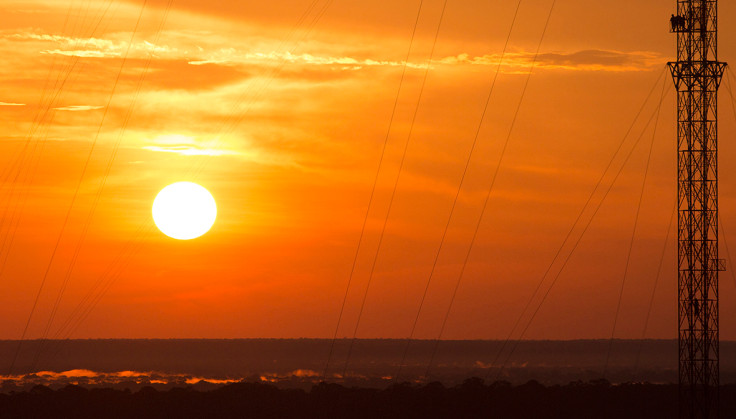Speed of light slowed down in 'impossible' experiment

The speed of light has been slowed down for the first time – a feat once thought impossible by scientists.
Researchers from the University of Glasgow and Heriot-Watt University managed to slow photons – particles of light – in free space, unimpeded by any other materials like glass or water (it has been long known these can slow the speed of light).
Published in Science Express, the scientists created a race, with two photons released simultaneously across identical distances, towards a finish line.
One of the photons, which had not been altered, behaved as it should have. With the other, however, they had applied a mask to an optical beam in order to give the photons a spatial structure. This latter photon arrived later.
The mask applied was derived by using "subtle but widely-known optical principles".
Daniel Giovannini, lead author of the paper, said: "The delay we've introduced to the structured beam is small, measured at several micrometres over a propagation distance of one metre, but it is significant. We've measured similar effects in two different types of beams known as Bessel beams and Gaussian beams."
Co-lead author Jacquiline Romero said: "This finding shows unambiguously that the propagation of light can be slowed below the commonly accepted figure of 299,792,458 metres per second, even when travelling in air or vacuum.
"Although we measure the effect for a single photon, it applies to bright light beams too. The effect is biggest when the lenses used to create the beam are large and when the distance over which the light is focused is small, meaning the effect only applies at short range."
Study leader professor Miles Padgett added they are keen to look at the potential of their findings for future applications. "We expect that the effect will be applicable to any wave theory, so a similar slowing could well be created in sound waves, for example," he said.
© Copyright IBTimes 2025. All rights reserved.






















